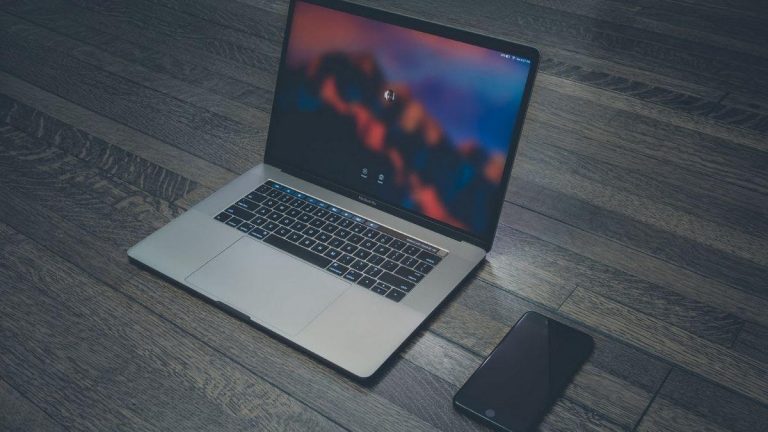Traveling has often been associated with danger – especially if you’re a solo traveler. Many people tell you to be always alert, otherwise, you might be hurt. That’s an exaggeration, but it is true you still need to pay attention to pickpockets and scams.
But what about staying safe online? Not many people address the online dangers of traveling – and those affect everyone! Cybercriminals can compromise unsecured networks to steal your data, or they can trick your device into connecting to compromised hotspots.
Can a VPN help with that?
It sure can! We’ll show you how in this article (and tell you why else you should use a VPN while traveling).
What Digital Threats Are You Exposed to When Traveling?
Here are the biggest dangers you’ll face (based on our experience):
- Unsecured networks – many public WiFi networks don’t require a password to use them. It’s convenient, but that means no encryption is used. So any wannabe hacker will be able to spy on your traffic (see what sites you access and potentially steal passwords from you).
- Weak network encryption – even if WiFi networks use encryption, they’re still not 100% safe. Many of them use WPA2, which has a serious vulnerability. And even the new WPA3 standard isn’t free of issues. Experienced cybercriminals could take advantage of that to steal data from you.
- Fake networks – good hackers can actually create fake WiFi networks (like a fake hotspot that imitates hotel WiFi) to trick your device into connecting to them. If you use them, the malicious actors running them will be able to read all your unencrypted traffic.
What Is a VPN, Exactly?
A VPN is an online subscription-based service you can use to hide your IP address and encrypt your traffic. Translated, that means you can stop sites from seeing your geo-location, ads from tracking you, and hackers, governments, and ISPs from spying on your traffic.
Using a VPN is extremely simple – you just have to do this:
- Subscribe to a good VPN (like ExpressVPN).
- Download and install a VPN app to your device.
- Run the app and connect to a server.
- Surf the web securely.
Can a VPN Keep You Safe When Traveling?
Yes, using a VPN will keep you secure online on public WiFi networks (and more). The VPN encrypts your traffic, so nobody will be able to read it.
“Encrypts your traffic” means it becomes unreadable. For example, a hacker wouldn’t be able to see you’re sending requests to your bank’s site. Instead, they’ll see gibberish like “HJGh543JFdfuhs54.” In that scenario, they wouldn’t be able to target you with a MITM attack that’s supposed to send you to a fake version of your bank’s site.
And that applies even if you accidentally connect to a fake WiFi network. It might be run by hackers, but they still won’t be able to crack the VPN’s encryption.
Also, many VPNs have ad blockers. Obviously, they block ads (which is helpful because it speeds up your browser). But that’s not all they do – VPN ad blockers can also block connections to malicious sites. So they keep you safe from phishing (and MITM attacks too).
Finally, VPNs stop hackers from using your IP address to track your online movements by hiding your IP address. And they won’t be able to use it to find out what country and city you’re in.
PRO TIP: VPNs might block malicious sites, but they won’t prevent malware infections. Always use antivirus software alongside a VPN – they complement each other very well, actually (the antivirus protects your device and the VPN protects your data).
Other Good Reasons to Use a VPN While Traveling
Besides protecting you from online threats, VPNs can do other things to improve your vacation:
They Unblock Geo-Restricted Content
Most websites use geo-blocks to stop you from watching what you want – Netflix, Hulu, BBC iPlayer, HBO Max (the list goes on and on).
This can really take the fun out of your vacation. You can’t relax with an episode of your favorite show after you get back to your hotel room from a long day of sightseeing.
Well, VPNs solve that issue by helping you bypass the geo-blocks. They hide your IP address from the sites you visit, so they can’t see what country you’re in anymore. Without that information, they can’t blacklist your access to the content on their platform.
For example, if you’re trying to watch Doctor Who on BBC iPlayer, you just need to use a VPN server in the UK to access the site. BBC iPlayer will think you’re connecting from the UK, so it will let you watch the show.
They Bypass Firewalls
If you travel in restrictive countries (like China), you’ll have to put up with annoying firewalls. They stop you from visiting your favorite sites and watching the shows and movies you want. They might even prevent you from keeping in touch with friends and family (if they block VoIP apps and social media sites, for instance).
But VPNs easily circumvent government censorship. They help you communicate with the Internet through a new IP address that doesn’t have firewall restrictions assigned to it. That way, you can browse anything you want.
They Help You Save Money
By hiding your geo-location, VPNs can help you get around geographical price discrimination. Sites won’t see what country you’re from, so they won’t display prices relevant to that region.
Don’t expect to save hundreds or thousands of dollars with a VPN. But by connecting to low-income countries, you sometimes can get nice discounts on things like airplane tickets, accommodations, and car rentals.
How Do You Protect Your Data While Traveling?
Please let us know which methods you use to stay safe on the Internet while abroad. Also, if you use a VPN to secure your data, please tell us which provider you use and why (if possible).
The post Can VPNs Keep You Safe While Traveling? was first published on Coworkaholic.

